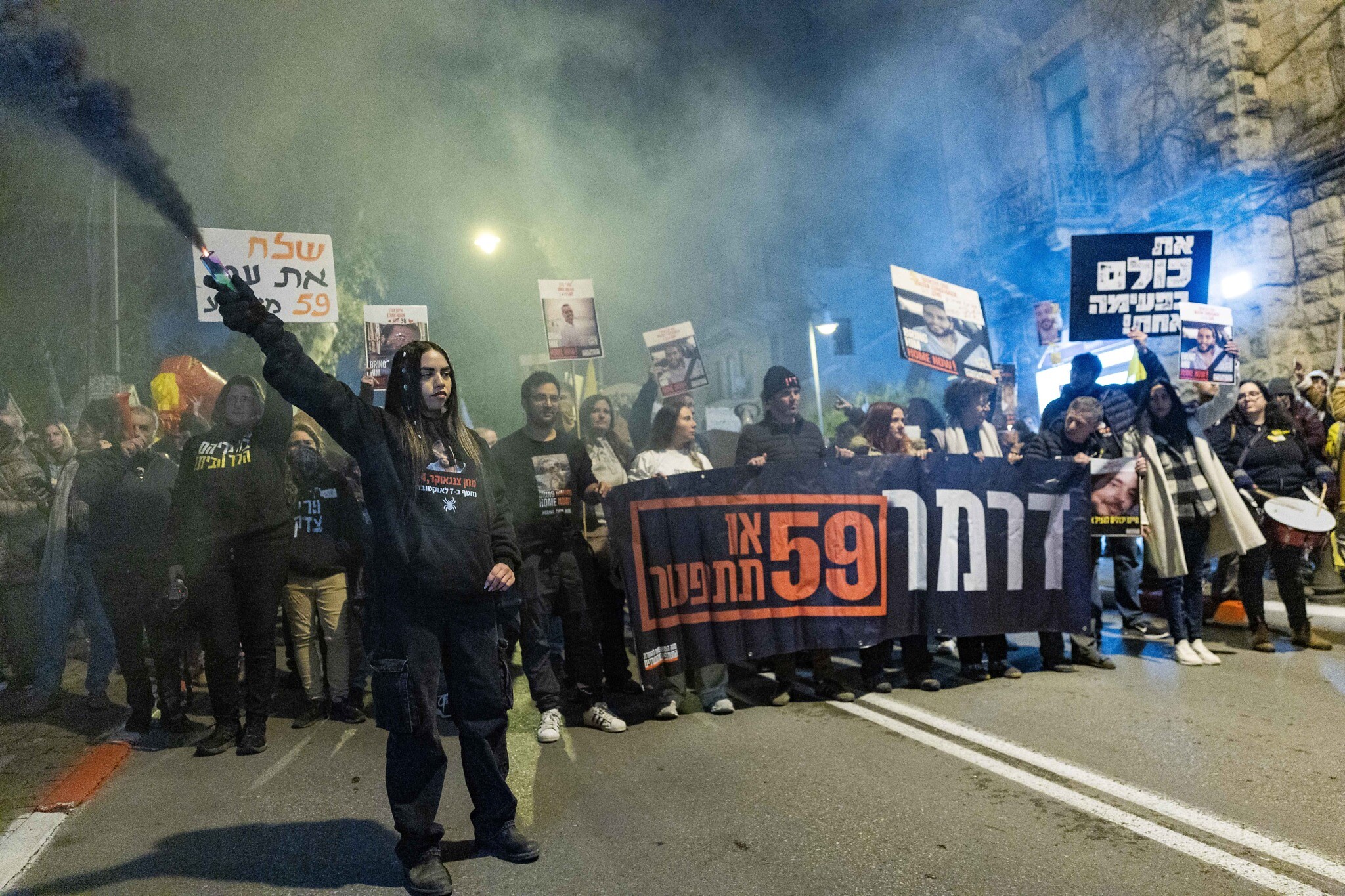Hamas Reviews Israeli Proposal for 10-Hostage Release in Exchange for 45-Day Gaza Ceasefire
Negotiations between Israel and Hamas have entered a critical phase as mediators in Cairo push for a breakthrough in hostage release talks that could lead to a temporary halt in the six-month Gaza conflict. The latest proposal centers on the release of 10 hostages, including American-Israeli IDF soldier Edan Alexander, in exchange for a 45-day ceasefire, though fundamental differences on war termination remain unresolved.
Key Developments: Evolving Proposals and Shifting Positions
Details of the Latest Negotiation Framework
The current round of negotiations has seen potential movement in the number of hostages to be released, a key sticking point in previous talks. Israel has reportedly modified its initial demand for the release of 11 living hostages, now proposing the freedom of approximately 10 captives during the first two weeks of a 45-day ceasefire Haaretz1.
In response, Hamas has indicated a willingness to increase its initial offer of releasing five hostages, according to reports from Al-Arabiya cited by Times of Israel2. The proposal also involves a two-stage release process connected to humanitarian aid deliveries into Gaza.
The Israeli proposal further includes demands for the return of 16 bodies of Israeli captives held in Gaza, with Israel offering to release the bodies of Palestinians it holds Times of Israel2.
Current Status of Negotiations in Cairo
Despite these developments, Egyptian and Palestinian sources indicated Monday that the latest round of talks in Cairo ended with "no apparent breakthrough" Reuters3. A Hamas delegation led by the group's chief negotiator Khalil al-Hayya is currently in Cairo reviewing Israel's latest proposal.
"Hamas has no problem, but it wants guarantees Israel agrees to begin the talks on the second phase of the ceasefire agreement leading to an end to the war," an Egyptian source told Reuters, highlighting one of the key points of contention.
Global Reactions: Diplomatic Efforts and Official Statements
Mediator Positions and Initiatives
Egypt and Qatar continue to lead mediation efforts, with the leaders of both countries meeting in Doha on Sunday to discuss strategies for advancing the talks. Egyptian President Abdel Fattah al-Sisi has called for additional international guarantees for any truce agreement, beyond those that Egypt and Qatar can provide Reuters3.
These mediators are working against a backdrop of increasing urgency, with Hamas reportedly hoping to reach a broader ceasefire deal before mid-May, when US President Donald Trump is scheduled to visit Saudi Arabia, the UAE, and Qatar Times of Israel2.
Israeli and Hamas Official Statements
A Hamas official told AFP on Friday that the delegation in Cairo hoped to make "real progress towards reaching an agreement to end the war, halt the aggression and ensure the full withdrawal of occupation forces from Gaza" Times of Israel2.
On the Israeli side, Prime Minister Benjamin Netanyahu's office released a statement Sunday evening emphasizing that "efforts to free those held captive by Hamas are continuing at this very moment," during a conversation with the family of hostage Eitan Mor Times of Israel2.
Expert Insights: Analyzing the Obstacles to Agreement
Fundamental Disagreements on War Termination
The most significant barrier to progress remains the fundamental disagreement over the ultimate goal of the negotiations. Hamas insists that any agreement must lead to an end to the war in Gaza, while Israel maintains that it will not end its military campaign until Hamas is eliminated Reuters3.
"The militant group has ruled out any proposal that it lay down its arms," Reuters reports, highlighting the irreconcilable positions that continue to hamper progress toward a comprehensive agreement.
Hostage Exchange Complications
Negotiations over hostage releases face additional complications, including disagreements over the ratio of Palestinian prisoners to be exchanged for each Israeli hostage. Israel's latest proposal seeks to lower this ratio, particularly for Palestinians serving life sentences Times of Israel2.
The condition of the remaining hostages also remains a concern, with the latest proposals reportedly including provisions for Hamas to provide medical reports on captives still held in Gaza.
Future Implications: Potential Outcomes and Regional Impact
Short-term Humanitarian Consequences
If the proposed 45-day ceasefire is implemented, it would allow for a significant increase in humanitarian aid to Gaza, including food, medicine, and other essential supplies. Israel has agreed to permit the resumption of aid deliveries as part of the deal Times of Israel2.
The agreement would also involve Israeli forces withdrawing to positions they held before March 18, when fighting resumed after a previous ceasefire collapsed, potentially reducing immediate military pressure on certain areas of Gaza.
Long-term Prospects for Peace
The significant gap between Hamas' demand for a permanent end to the war and Israel's determination to eliminate the group suggests that even if a temporary ceasefire is achieved, the long-term prospects for lasting peace remain uncertain.
Both sides appear to recognize the temporary nature of any agreement, with Israel proposing to hold negotiations on terms for a permanent ceasefire once the initial truce is restored Times of Israel2.
As negotiations continue in Cairo, families of hostages anxiously await news while Gaza's civilians hope for relief from the devastating conflict. The question remains: Will this latest diplomatic push break the deadlock, or is the fundamental divide between the warring parties too great to bridge even for the sake of the captives caught in the middle?
 Families and supporters demonstrate for the release of hostages held in Gaza since October 7, 2024. (Credit: Times of Israel)
Families and supporters demonstrate for the release of hostages held in Gaza since October 7, 2024. (Credit: Times of Israel)

